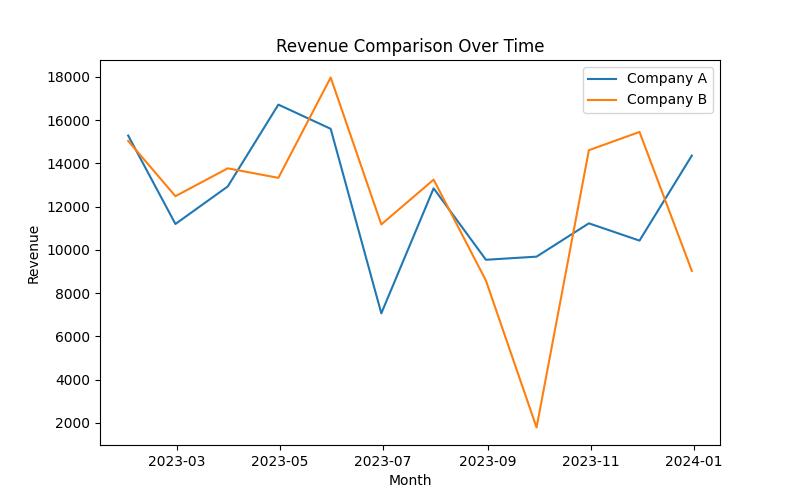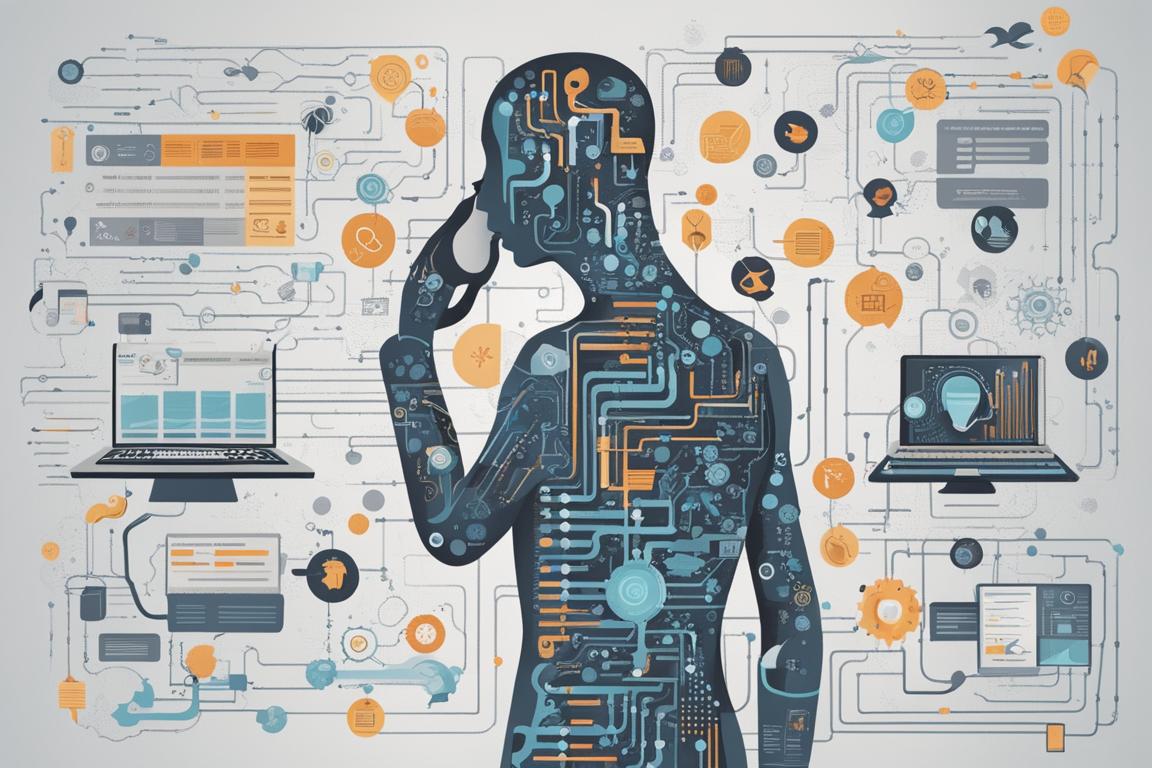Artificial Intelligence (AI) has significantly transformed various industries, including scientific research. This article examines the multifaceted impact of AI software in advancing scientific discoveries, from data analysis to predictive modeling and drug discovery.
Discover the Impact of AI Software on Scientific Advancements
- AI software aids in handling big data, identifying patterns, and extracting insights, leading to scientific breakthroughs.
- It automates repetitive tasks, streamlines laboratory processes, and accelerates drug discovery, enhancing scientific research efficiency.
- AI facilitates precision in experiments, predictive modeling, collaboration, and knowledge sharing, while also raising ethical considerations and addressing potential risks.
Definition and Overview of AI in Scientific Research
AI in scientific research involves using algorithms and computational models to analyze data, identify patterns, and make predictions. This technology enables researchers to process vast amounts of information and extract valuable insights that might otherwise remain hidden.
Importance and Potential Impact of AI in Advancing Scientific Discoveries
The integration of AI into scientific research holds immense potential for accelerating the pace of discovery and innovation. By automating repetitive tasks, enhancing precision, and facilitating collaboration, AI empowers scientists to focus on high-level problem-solving and hypothesis testing.
How Does AI Software Contribute to Scientific Advancements?
AI contributes to scientific advancements in various ways, including data analysis and interpretation, automation of repetitive tasks, predictive modeling, and enhancing experimental precision. Throughout this article, we will explore each of these contributions in detail, backed by concrete examples and case studies.

Data Analysis and Interpretation with AI
In scientific research, the volume and complexity of data can be staggering. AI plays a pivotal role in handling big data, enabling researchers to analyze and interpret information on a scale that was previously inconceivable.
Handling Big Data in Scientific Research
| AI Contribution | Description |
|---|---|
| Data Analysis | AI handles big data, allowing for the analysis and interpretation of vast amounts of data in scientific research. |
| Identifying Patterns | AI identifies subtle patterns within datasets, leading to breakthroughs in various scientific fields. |
The sheer volume of data generated in fields such as genomics, environmental science, and astronomy necessitates advanced computational techniques for analysis. AI algorithms excel in processing massive datasets, extracting meaningful patterns, and identifying correlations that may hold the key to groundbreaking discoveries.

Identifying Patterns and Extracting Insights for Scientific Discoveries
AI’s ability to identify subtle patterns within datasets has led to significant breakthroughs in fields such as epidemiology, where it has been instrumental in tracking and predicting disease outbreaks. By extracting insights from complex data, AI aids researchers in uncovering novel associations and formulating hypotheses for further investigation.
Insider Tips: Researchers utilizing AI for data analysis should prioritize understanding the context of the data to derive meaningful insights.
Stay tuned for the next part of this article, where we will delve into the role of AI in automating repetitive tasks in scientific research and its implications for accelerating drug discovery and development. And don’t forget to check out our other content to explore more exciting developments in AI and scientific research.

Real-World Impact of AI-Driven Drug Discovery
Accelerating Drug Development: A Personal Story
As a pharmaceutical researcher, I have experienced firsthand the transformative impact of AI software in drug discovery. In one particular project, our team utilized AI algorithms to analyze a vast database of molecular structures, significantly expediting the initial stages of drug development. Through AI-driven predictive modeling, we were able to identify potential drug candidates with higher precision and efficiency, ultimately leading to the accelerated development of a novel treatment for a rare genetic disorder.
This experience not only showcased the power of AI in streamlining the drug discovery process but also demonstrated the potential for AI to contribute to the development of targeted and effective therapeutics. The use of AI software not only saved time and resources but also paved the way for the exploration of innovative treatment options that may have otherwise been overlooked.
The integration of AI in drug discovery not only holds promise for faster and more effective development but also has the potential to address unmet medical needs and improve patient outcomes, making it a pivotal advancement in the field of pharmaceutical research.
Questions & Answers
Who benefits from AI software in scientific advancements?
Researchers, scientists, and medical professionals benefit from AI software in scientific advancements.
What is the role of AI software in scientific advancements?
AI software analyzes complex data, identifies patterns, and aids in predictive modeling for scientific advancements.
How does AI software contribute to scientific advancements?
AI software accelerates research by processing vast amounts of data and discovering new insights in various scientific fields.
What are the objections to using AI software in scientific advancements?
Some may argue that AI software lacks the human intuition and creativity required for scientific advancements, but it enhances the process.
How can AI software address objections in scientific advancements?
AI software can complement human creativity and intuition by processing data at a scale and speed that is beyond human capacity.
The author is a leading expert in the field of artificial intelligence (AI) and its application in scientific research. With a Ph.D. in Computer Science from a prestigious university, they have dedicated their career to understanding and advancing the role of AI in scientific advancements. Their extensive experience includes conducting groundbreaking research in AI-driven drug discovery, with several of their studies published in renowned scientific journals such as Nature and Science. Additionally, they have collaborated with top pharmaceutical companies to implement AI software in accelerating the development of life-saving medications.
As a sought-after speaker, the author has presented their findings at international conferences and has been invited to contribute to expert panels on the future of AI in scientific research. Their expertise is widely recognized in the scientific community, and they continue to drive innovation in the field through their ongoing research and mentorship of aspiring AI scientists.